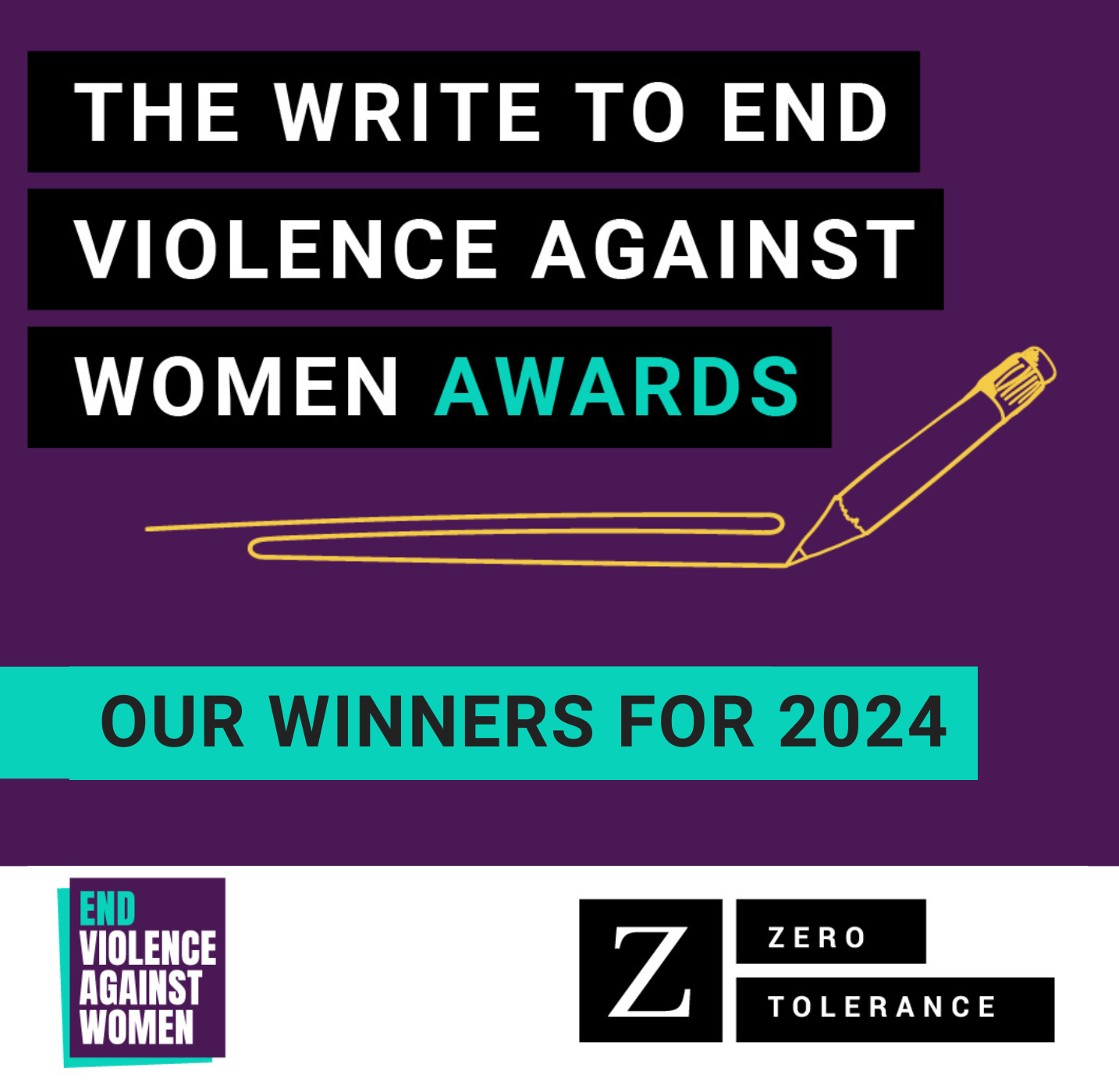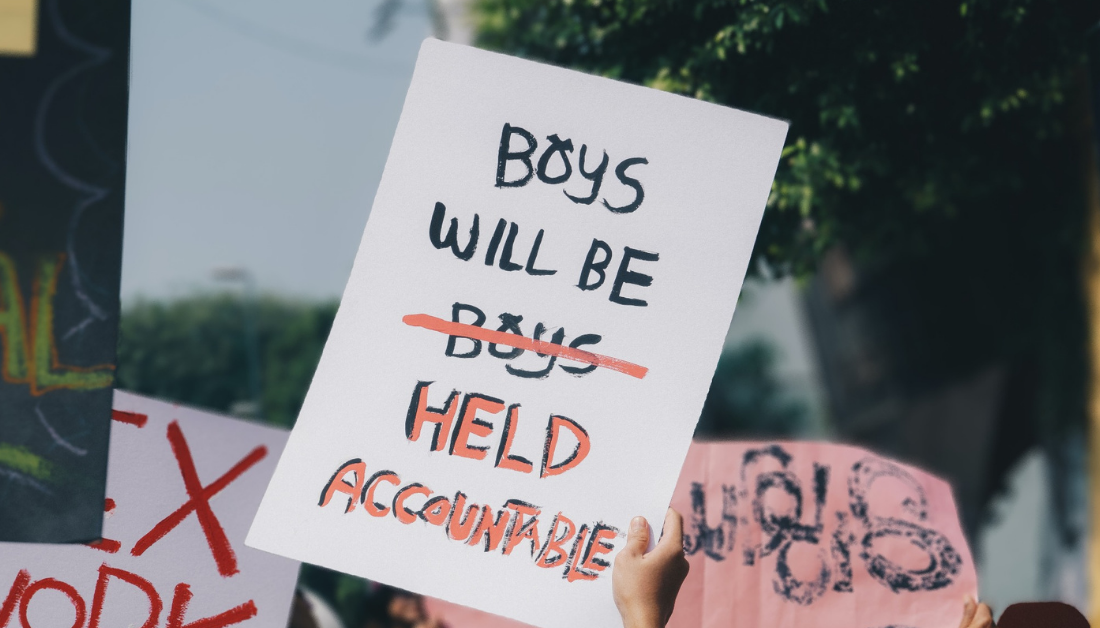 12 Dec
12 Dec
The government has today (9th December 2021) released its first set of scorecards showing how each part of the criminal justice system is performing in prosecuting rape, along with a progress update report on performance regarding the rape Review Action Plan.
Following appallingly low rates of charging, prosecution and convictions for rape, which fell to the lowest on record, scorecards were announced in July this year as part of the government’s Action Plan, which followed a two year end-to-end government review into how the criminal justice system handles rape.
The 6-monthly scorecards are designed to support efforts to hold justice agencies to account for systemic failures to deliver justice to rape survivors, by monitoring how each justice agency performs in terms of charging, prosecuting and convicting in cases of rape. These measures were largely introduced in response to demands for accountability from the women’s sector, including the End Violence Against Women Coalition and its members.
Today’s scorecards paint a familiar picture of a broken justice system failing to meet its own targets to charge, prosecute and convict rapists.
The data shows that the Crown Prosecution Service (CPS) is nowhere near on track to meet its own target of returning to 2016 charging levels for rape. At the time, this was seen as an inadequate level of charging, but levels of rape prosecution have plummeted so far in recent years that this is now considered a level of ambition.
Please note that where we are able to, we have compared 2021 data with the government’s own target of 2016 levels. Where this data is unavailable, we use 2019 levels as a comparison. We do not consider a quarterly comparison to be robust enough when 2019 data is available.
- Just 0.6% of adult rape cases recorded to police result in a charge.
- A rape victim’s experience of the criminal justice system from report to trial completion is around 3 times as long as the average across all other crime types (2.4 years vs 312 days).
- Rape victims have to wait 12 times as long from report to a charging decision compared with the average across other crime types (33 days vs 419 days).
- 61% of investigations are closed because the victim does not support further police action – an increase of 4% compared to 2019. This indicates a worrying lack of action to address the many barriers to justice facing survivors, including police and prosecutors’ myths and stereotypes around victim credibility, and discriminatory treatment of Black and minoritised women. In essence, the system is so broken that it is forcing victims out.
- The number of suspects authorised to be charged by the CPS has decreased by 46% compared to 2016.
- The number of suspects sent to trial at Crown Court has decreased by 214 individuals compared to 2016.
- The number of outstanding cases at the crown court in April to June 2021 was 688 more than average in 2019
- Compared to 2019, there has been an increase of 225 outstanding cases which have been at crown court more than 12 months.
- In addition, the number of outstanding cases at the crown court in April to June 2021 was 688 more than the average in 2019.
- There have been huge increases in the time it takes for survivors’ cases to be heard, with the average length of time from when the offence is first recorded to a successful justice outcome increasing by 139 days compared to 2019.
- Equally, compared to 2019, there has been an increase of 137 days from the time the offence is recorded, to the police charging an offender, and the average number of days from charge to case completion at court has increased by 156 days.
Progress update on the rape review
Also released today is the government’s Rape Review Progress Update report, which set out a number of planned initiatives.
As always, the implementation remains to be seen, together with any impact. The proposals include the creation of a 24/7 helpline for rape victims, a small increase in the number of Independent Sexual Violence Advocates (ISVAs) and a further roll out of s.28 pre-recorded cross examination, first piloted in 2013. We will be responding to these proposals, alongside the information on Bluestone, Soteria and the Victim’s Bill Consultation, shortly.
Andrea Simon, Director of the End Violence Against Women Coalition, said:
“While we welcome yesterday’s announcement of new Victims’ Law that could enshrine entitlements for victims of crime, this alone cannot fix our broken justice system. It must work alongside efforts to transform a system that we know is buckling and failing to deliver justice to victims of rape and other forms of abuse that disproportionately affect women and girls.
Despite a two year long government review into rape, the pace of change remains unbearably slow. The first set of rape scorecards underlines this, showing that victims of rape will be waiting decades before the number of cases prosecuted reaches the CPS’ own target of returning to prosecution levels from just 5 years ago.
In addition, there remains a blindspot in understanding justice outcomes for victims of rape who are Black and minority ethnic, disabled or LGBT+. We have repeatedly asked for data on who is using the justice system and whether there are gaps in access to justice for different groups of women. The fact that this information is still missing shows a fundamental lack of commitment to making our justice system work for everyone and makes it impossible to hold leaders to account.”
We are also concerned with how the data was presented. Deniz Uğur, Deputy Director of the End Violence Against Women Coalition, said:
“Given that the purpose of these scorecards is to increase accountability and enable greater scrutiny of our justice agencies, we’re concerned and disappointed with the way in which the data was presented.
The data contained comparisons with inconsistent baselines (2016 and 2019) and reporting periods (annual as well as quarterly data periods), and calls into question whether the data was presented in this way to distract from and obscure poor performance in charging, prosecution and convicting rape.
It is critical for public accountability that such important data is presented transparently and clearly, with due consideration for accessibility, including the needs of disabled women and those with English as a second language. We urge government to consult with expert women’s organisations and rethink their approach to the rape scorecards.”
ENDS
Notes
EVAW’s response to the Rape Review Progress Update coming shortly
Contact
Sinead Geoghegan
Communications Manager
sinead.geoghegan@evaw.org.uk
07960 744 502
Recommended ARTICLES
 12 Dec
12 Dec
 25 Nov
25 Nov
 15 Nov
15 Nov

